Corn Drought? Who Cares? For World's Poorest, It's All About Rice And Wheat
The effects of the drought that has pummeled the U.S. corn belt will be felt for a while, but the grain most affected by it isn't one the world's hungriest depend on to survive.
The adverse effect on world hunger from America's drought "is likely to prove fairly modest," says Chris Barrett, a professor of applied economics and management at Cornell University who specializes in poverty and international development. "Meat, milk and eggs are purchased disproportionately by better-off consumers. So while there is an impact, it's nothing like when rice or wheat prices spike and much more directly impact poor consumers."
Another Global Staple Food Crisis Ahead?
So is the world about to enter another global staple-food crisis like the one that hit rice in 2007-08, or wheat in 2010-11? Russia -- a major wheat exporter -- has been struck with a drought this year that is doing to its wheat crops what dry conditions have done to corn in the U.S. But remember those floods in Thailand last year? This year has seen a bumper crop in the world's largest rice exporter. Rice production in China, the U.S., Tanzania and Indonesia are also on the up, according to a report issued by the U.N.'s Food and Agriculture Organization.
"Although the abundance of rice supplies lessens the prospect of a strong rebounding of prices in the coming months, still much uncertainty prevails as to their future direction," the report said. "For instance, the necessity for Thailand to release stocks ahead of the new harvest in October must be weighed against India's possible consideration of a reinstatement of export restrictions, in spite of the country's ample inventories."
Long-Term Outlook
But regardless of the short-term impact droughts have in key producing regions of the world, some people, such as Jeremy Grantham, chief investment strategist of Boston-based institutional money manager GMO LLC, think the world is in a long-term and gradually worsening global food crisis.
"We are five years into a severe global food crisis that is very unlikely to go away," Grantham wrote in his latest letter to shareholders. "It will threaten poor countries with increased malnutrition and starvation and even collapse. Resource squabbles and waves of food-induced migration will threaten global stability and global growth."
Grantham cites Egypt, where 40 percent of a household's budget now goes to food, compared to 12 percent in the U.S., where a good portion of the average household budget is spent eating out. He says much of the world's population is reaching a ceiling in how much it can spend on staple foods. Countries like Egypt could face more serious social upheavals.
"Any material increases in real grain prices from here on are unlikely to be easily manageable," he warns.
--
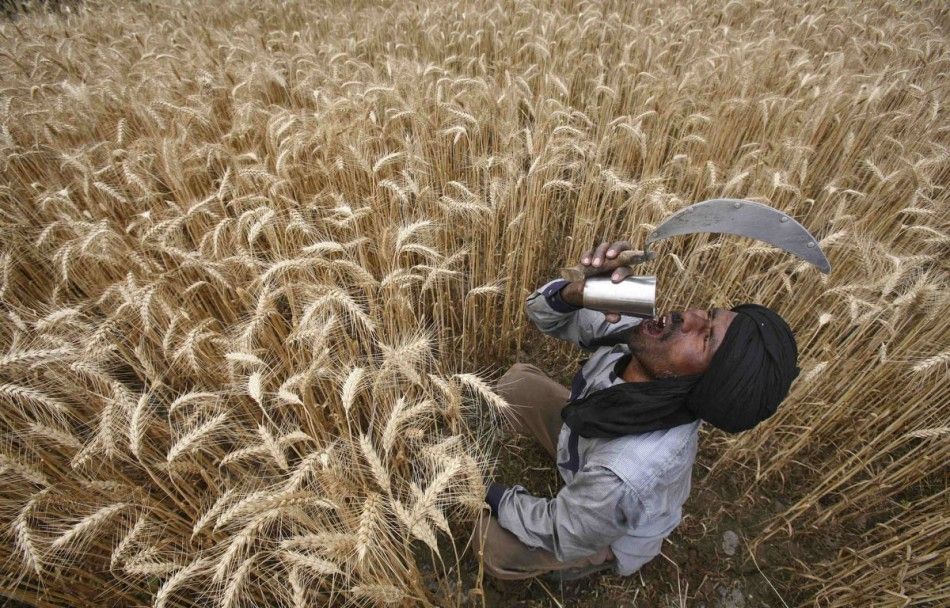
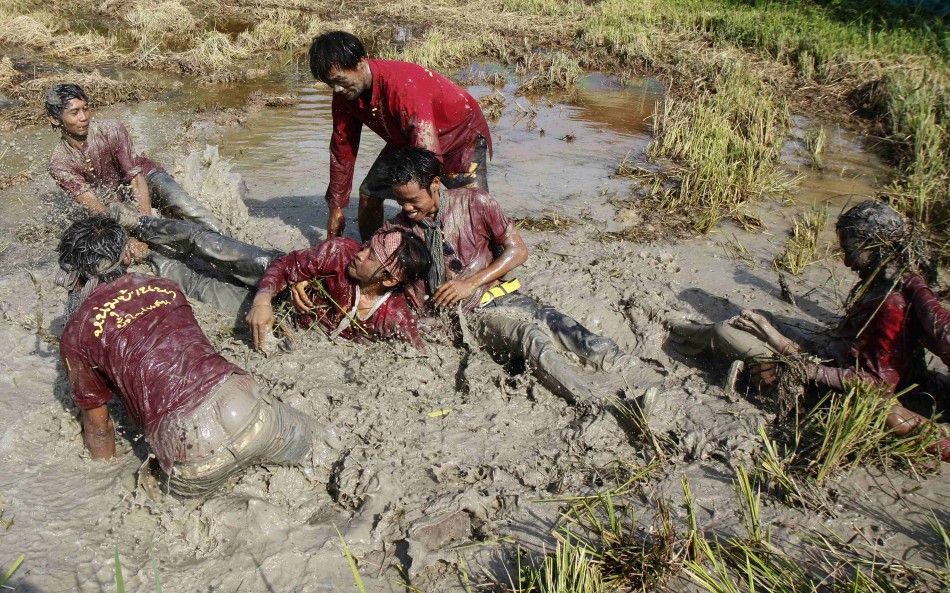
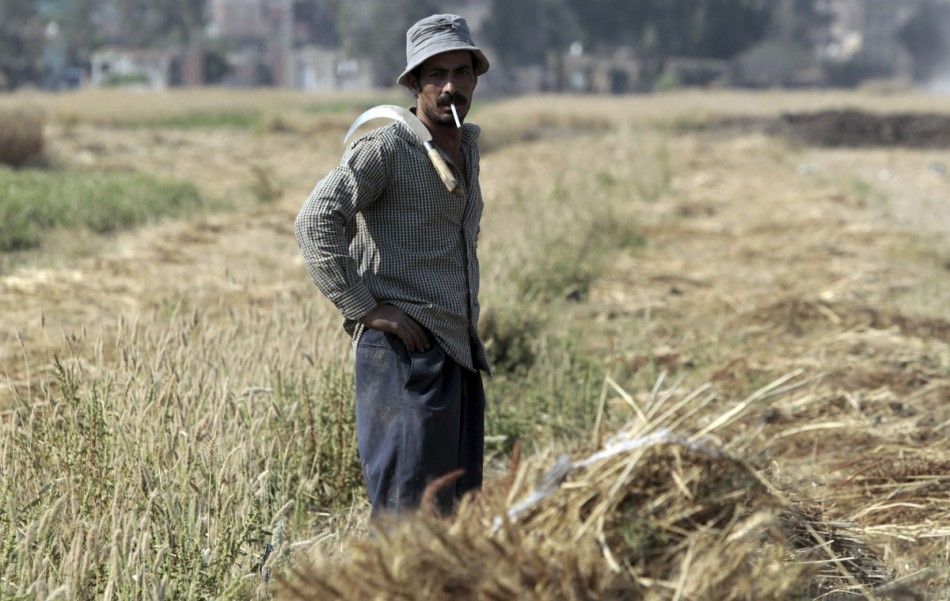
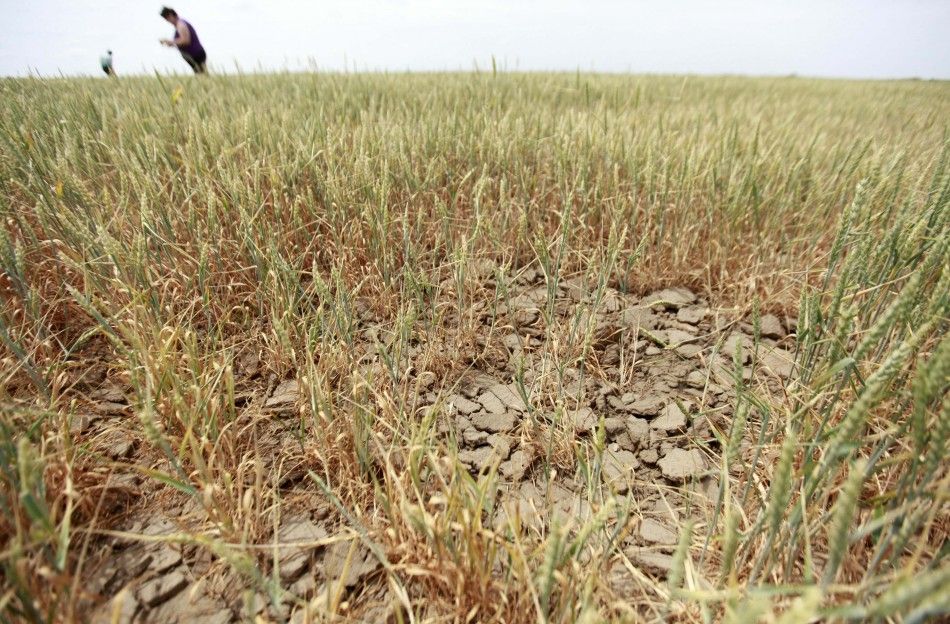
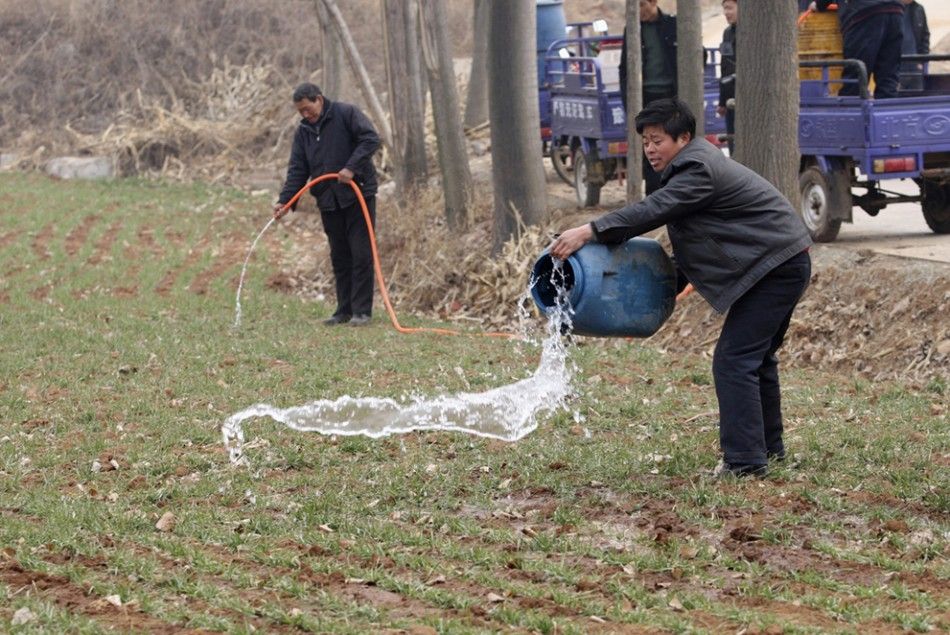
© Copyright IBTimes 2025. All rights reserved.






















